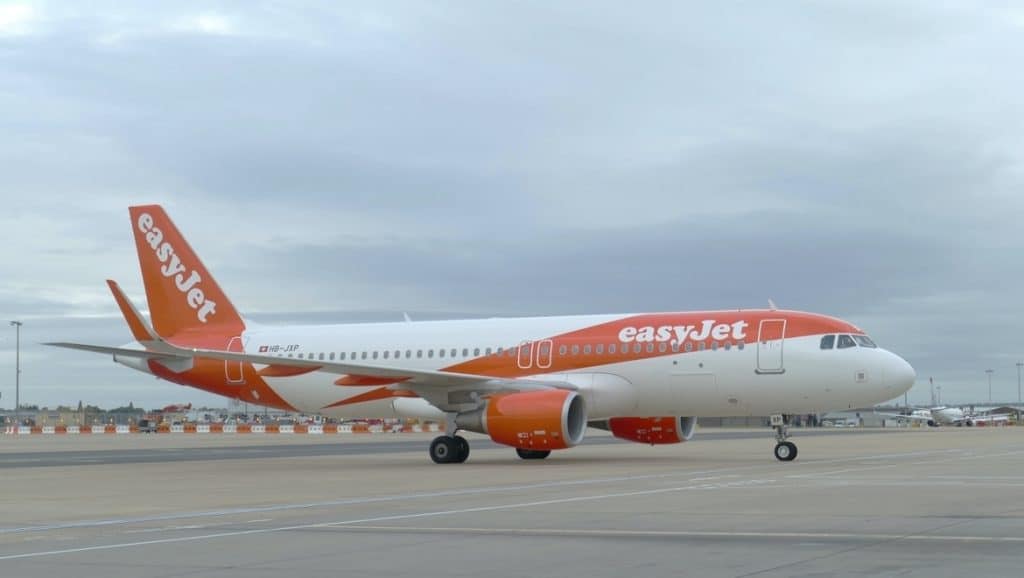
The UK had moved key holiday destinations such as Ibiza, Mallorca and Malta onto its ‘amber’ travel list allowing Britons to visit without needing to self-quarantine on return.
The government also confirmed earlier reports that it plans to allow fully vaccinated citizens to travel to amber list countries without restrictions, too, from August.
It amounts to a significant victory for the aviation industry in Europe, which has been lobbying for the changes for months.
Currently, people can only freely move to and from countries listed on the ‘green list’, which includes countries like Gibraltar, Israel and Australia.
Meanwhile, individual must self-isolate for up to 10 days and produce two negative COVID-19 tests, should they choose to travel from an ‘amber’ country. Arrivals from ‘red’ countries are sent into mandatory hotel quarantine.
Thursday night’s announcement means 14 countries will soon be added to the green list including Mallorca, Ibiza, Malta, Formentera, Madeira, Antigua, Barbados, the British Virgin Islands, Dominica, Grenada, the Turks and Caicos Islands, and Bermuda.
The Balearic Islands alone of Mallorca, Ibiza and Menorca attract five million British tourists each year.
However, 13 of those destinations are on a newly-created ‘watch list’, meaning they could slip down to amber status if cases increase.
Karen Dee, chief executive of the Airport Operators’ Association, said, “Any extension of the green list is welcome, however small, but this is not yet the meaningful restart the aviation industry needs.”
Grant Shapps, the UK’s Transport Secretary, said, “We’re moving forward with efforts to safely reopen international travel this summer and thanks to the success of our vaccination programme, we’re now able to consider removing the quarantine period for fully vaccinated UK arrivals from amber countries, showing a real sign of progress.”
However, the decision to in future allow ‘double-jabbed’ Brits to visit has been rebuffed by a number of EU countries. France has put the UK on its amber list, meaning Britons must isolate for seven days and Germany, the Netherlands and Belgium already bar non-essential travel from the country.
“The whole point of the vaccine program is to be able to remove restrictions,” UK Health Secretary Matt Hancock told LBC radio on Tuesday.
“We are working on a plan for double vaccinated people, using tests and to have that testing regime in place instead of having to have the quarantine in some circumstances.”
It comes just days after British aviation unions performed a march across major UK airports, urging the government to ease travel restrictions and save the struggling aviation sector.
Meanwhile, in Canada, rules around mandatory 14-day quarantine for fully-vaccinated citizens and residents returning to the country are due to be eased within weeks.
Under the new changes, from 11:59pm on 5 July, vaccinated Canadians will be able to travel and re-enter Canada without entering mandatory hotel quarantine, provided they can prove their vaccination status, and are willing to take a PCR test upon re-entry into Canada.
Canadian travellers will need to provide proof of vaccination at least 14 days prior to travel, and will need to present a negative PCR test taken within 72 hours of entering Canada.
They will then be required to self-isolate until they receive a negative result.
Notably, the policy does not apply to foreign nationals, including US citizens, and the US/Canada border remains closed to foreign nationals for nonessential travel.
“On both sides of the border we’re proceeding with appropriate caution and care and taking the advice of our public health experts as we begin to ease border measures,” said Canadian Public Safety Minister Bill Blair.
“But clearly we’re not there yet and we’ve got a lot of work to do and I think it’s another opportunity just go encourage Canadians to continue to get those vaccinations.”




